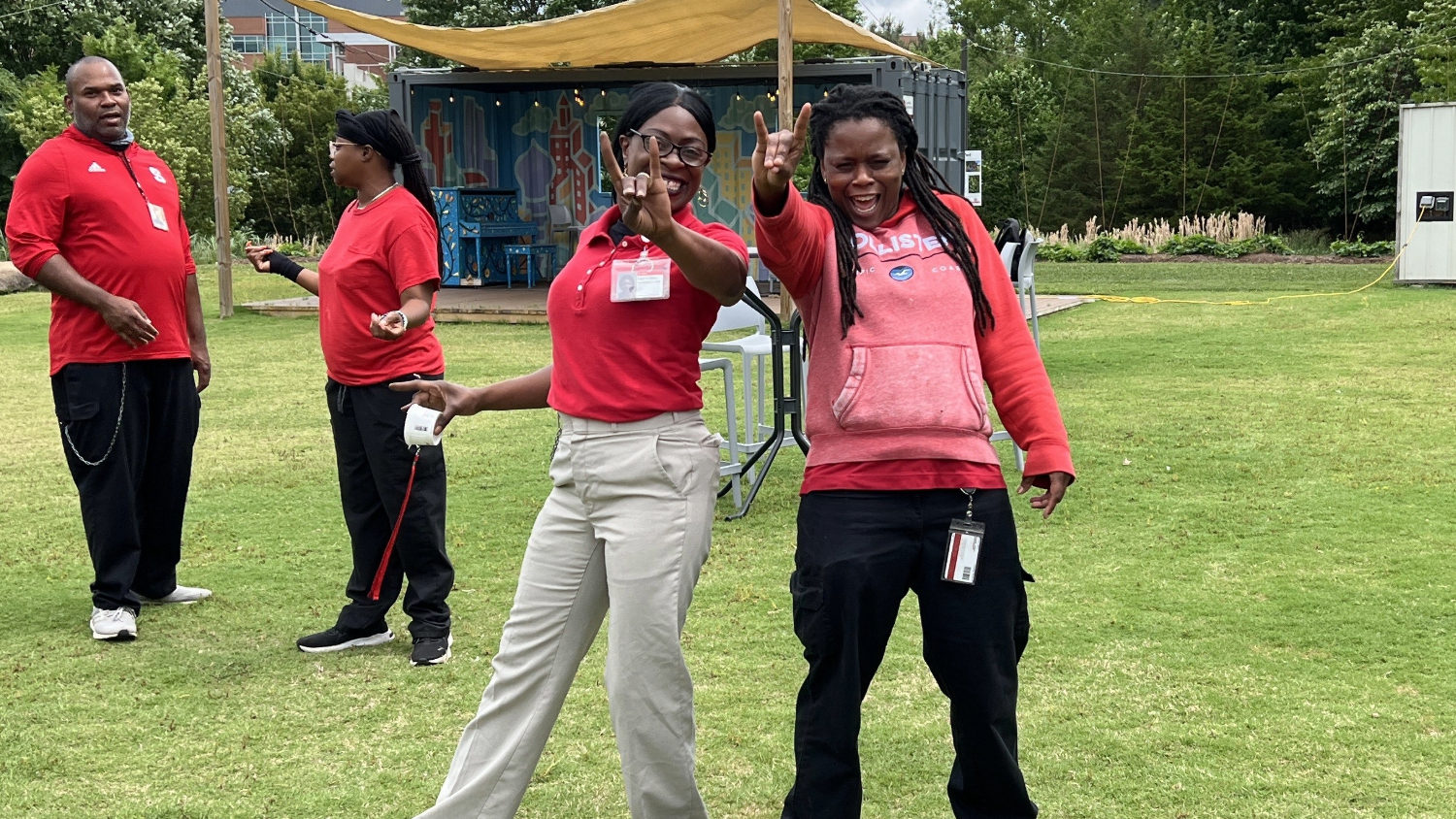NC State, like many employers, is considering ways to continue to make remote work and nontraditional work schedules options for employees. NC State is exploring these options after allowing and/or requiring many employees to work remotely during the COVID-19 pandemic as a precaution to prevent the spread of coronavirus. More than a year after assigning or allowing employees to work remotely, the majority of those working remotely will return on-site in July.
Recent polls and articles have shown that while many employees who have been working remotely want to continue to do so, some are looking forward to returning on-site and experiencing more interpersonal connections on a daily basis. Here are some of the relevant findings from those sources:
- Fifty-five percent of employees would prefer to work remotely at least three days a week once concerns about the pandemic recede, according to a Price Waterhouse Cooper survey conducted in 2020.
- Forty-four percent of workers want to continue to work remotely because they prefer to work from home, according to the results of a Gallup poll published in February.
- A survey conducted on behalf of Glassdoor in 2020 found 72% of the respondents were eager to return to their company’s office.
NC State is continuing to learn lessons as a result of allowing or requiring much of its workforce to work remotely and permitting the use of flexible schedules during the pandemic. One of the lessons the university learned is that many of its employees can perform duties remotely just as well as — or even better than — they can from their offices. The university also has found flexible scheduling for employees working on-site can improve productivity, engagement and morale. Because of these lessons and others learned during this historic time, the university is considering policies and programs that support alternative work initiatives.
Two groups are working on making flexible work arrangements an ongoing part of the work culture at NC State. Short summaries of their work are below:
- The How We Work task force is one of four task forces assembled by the Post COVID-19 Innovation Steering Committee. The committee asked each task force to explore how the university can continue to identify efficiencies and embrace innovative ideas realized during the pandemic. The How We Work task force is exploring recommendations on flexible work arrangements, the university’s work culture and environment and the best use of university space to meet the changing needs of our university workforce.
- In April 2021, UHR organized a work group of representatives from a variety of university divisions to develop a flexible work arrangements regulation. The group has authored a regulation governing flexible work schedules and hybrid remote work options and has shared it with the How We Work task force to get its feedback. The work group will share the regulation with other university stakeholders for the same purpose. University leadership must sign off on the regulation before it can be implemented.
As the university considers changing how employees work at NC State, key themes will be commitment to collegiality, collaboration, appropriate physical distance, open and interactive spaces and creative uses of technology. These changes will require a shift in mindset about work productivity, workforce culture and employee engagement.
As public health guidance related to COVID-19 continues to change, university community standards are revised and work arrangements shift, the Wolfpack community will continue to grow and evolve. This evolution in how we work will be thoughtful and engaged but will take time. We are beginning a journey towards the next level of work standards and philosophies. We look forward to sharing our progress with our campus community in the future.
Ursula Hairston
Assistant Vice Chancellor for HR Strategy
- Categories:



